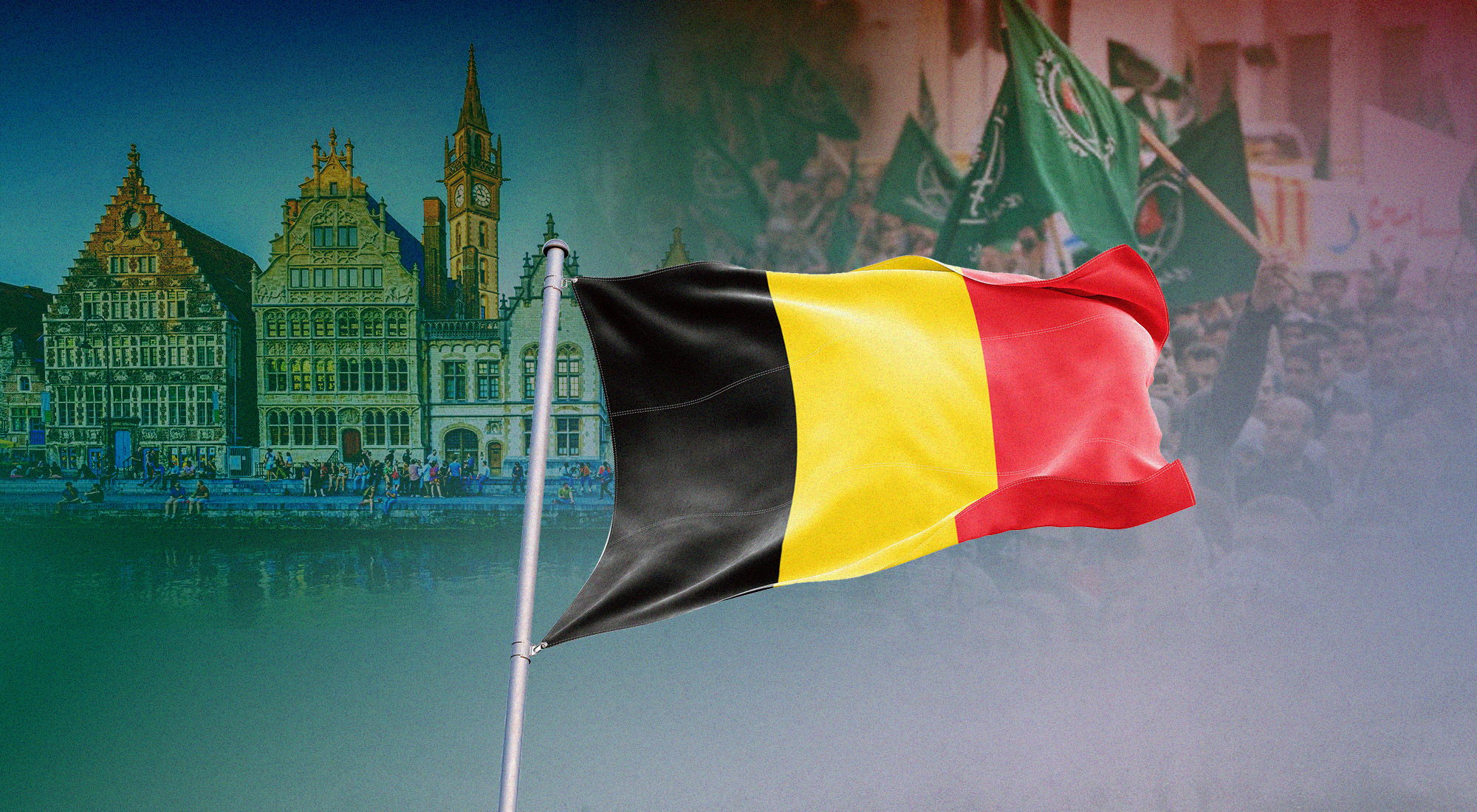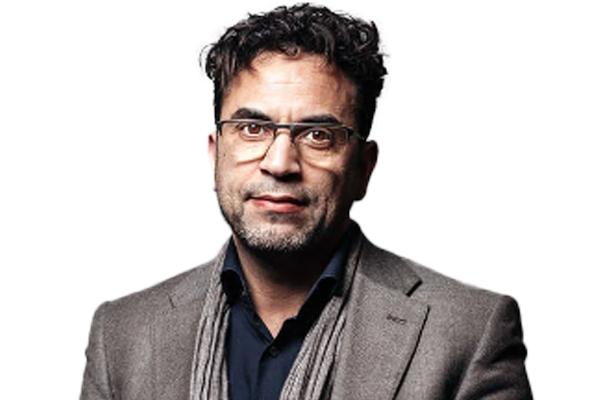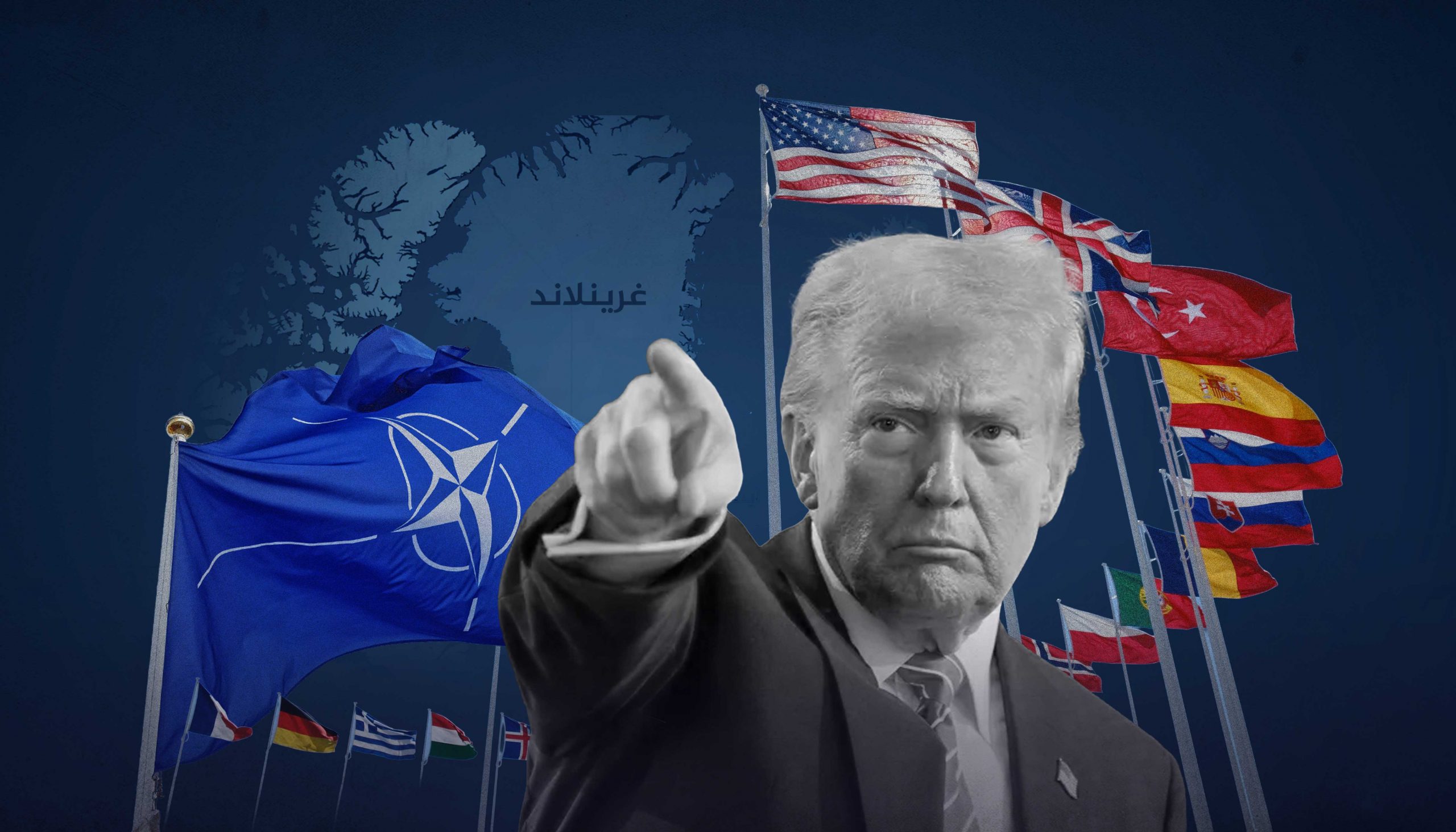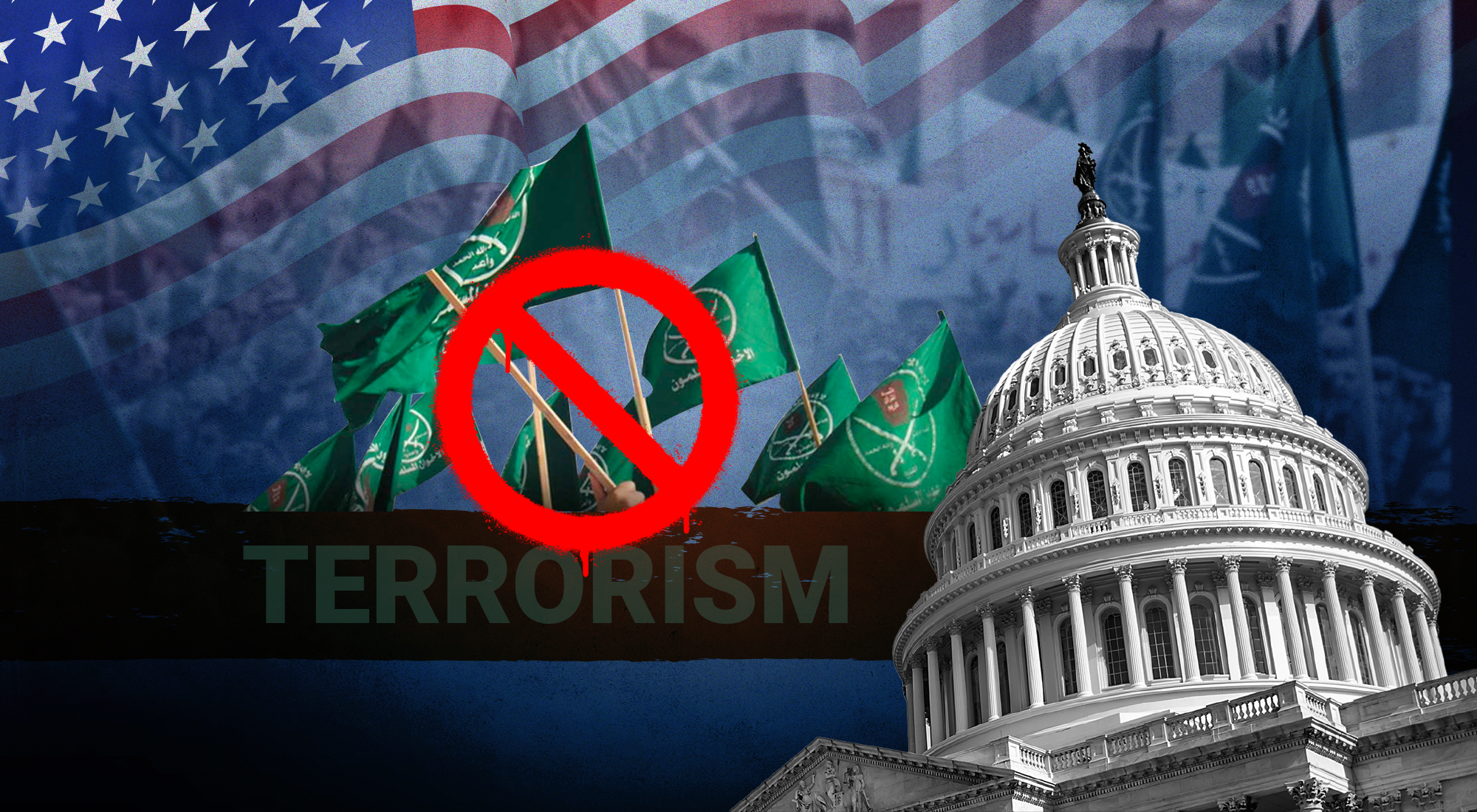The Muslim Brotherhood (MB) has historically occupied a pivotal role within the broader landscape of political Islam, exerting influence over Muslim communities across the globe, including those in Europe and specifically in Belgium. The Muslim Brotherhood was established in Egypt in 1928, and its ideology has undergone significant expansion and adaptation in response to changing contexts over the decades.
The objective of this report is to provide a comprehensive analysis of the historical development, organizational structures, challenges faced by Belgium in controlling its influence, and the methods through which the MB finances its activities and engages with different institutions and Muslim communities.
By examining these aspects, we seek to shed light on Belgium’s current and future approach to the MB and its ideological underpinnings. Understanding the historical and contextual factors that have shaped the group’s presence in Belgium is crucial for policymakers aiming to navigate the complexities of political Islam in a multicultural society.
Historical Context and Key Concepts
The Muslim Brotherhood was founded in Egypt in 1928 by Hasan al-Banna to promote Islamic principles in all spheres of life. In his view, the only way to restore the grandeur of the Ummah and prevent the implementation of a program of decadence devised by the European elite and imposed on the people of the Orient is to adopt a vision of Islam as a “total system.”[1] Its foundational ideology has evolved over the decades, leading to various interpretations and adaptations in different contexts, particularly in Europe.[2]
In Belgium, the MB began to establish a foothold in the late 20th century, aligning itself with broader movements of political Islam. This chapter elucidates key terms such as “political Islam,”[3] “Islamism” and “post-Islamism.”[4] These concepts are dominated by indeterminacy, ambiguity, multiplicity, and contradiction.[5] The term” political Islam” is controversial and it has been categorized by some academics into three distinct perspectives.[6] These varying approaches are vital for comprehending the MB’s objectives and strategies in Europe.[7]
Furthermore, it is vital to comprehend the complex interplay between the Muslim Brotherhood and Western entities, notably the United States. Over time, geopolitical shifts have shaped this relationship, with periods of collaboration and contention influencing the MB’s operational strategies in Belgium and beyond. An insight into this context is crucial for an understanding of the challenges that Belgium faces in addressing the group’s influence within its borders.
Organizational Models of the Muslim Brotherhood
The MB operates through various organizational frameworks, each adapted to its regional context. In Belgium, two primary models emerge:
- European Muslim Council (EMC): Formerly the Federation of Islamic Organizations in Europe (FIOE),[8] the EMC represents the MB’s interests at the European level. It serves as a network for various Islamic organizations, promoting collaboration and advocacy in European political spheres. The EMC’s role in facilitating dialogue among different Muslim groups enhances its influence, as it acts as a bridge between local communities and European policymakers.[9]
- Ligue of the Muslims in Belgium (LMB): This national body[10] acts as a direct representation of the MB’s interests within Belgium.[11] The LMB engages in community outreach, educational programs, and political advocacy, aiming to position itself as a legitimate voice for Muslims in Belgian society. By organizing events, supporting cultural initiatives, and fostering interfaith dialogue, the LMB works to improve the perception of Muslims in Belgium and advocate for their rights.
Both organizations demonstrate the MB’s dual strategy of maintaining a broad ideological framework while adapting to local contexts. This adaptability has allowed the MB to effectively expand its influence among Muslim communities in Belgium. The ability to tailor its message and strategies according to local circumstances has been a key factor in its sustained presence.
Challenges Faced by Belgium
Belgium’s approach to the MB presents a number of challenges, spanning legal, political, academic and security concerns, which must be carefully considered.
Legal and Political Challenges
It has been observed that certain political Islam groups are misusing certain European and national rights and freedoms, including those enshrined in the Belgian Constitution, such as Article 26 (the right to gather) and Article 27 (the right to enter into association).[12] This is being done with the objective of advancing their respective programs and promoting their ideologies.
Thirty of the approximately 400 mosques[13] established in Belgium deserve to be labeled as “Extremist,”[14] 100 are Turkish mosques (70 from the Department of Religious Affairs -Diyanet), following the ideology of the Justice and Development Party (AKP) and 30 other mosques are of the Milli Gorüs and more than other 40 associations are linked to the Muslim Brotherhood.[15] The AKP can be treated as a “Muslim Brotherhood” party because it shares the same conservative ideology as the organization founded on the religion that inspired it, and because the profile of its members, who are non-religious figures steeped in religion, is similar. The AKP’s ideological position cannot simply be summarized as political Islam. Islamism has not eliminated Kemalism, but it has incorporated one of its main features, Turkish nationalism, to form Turkish Islamism.[16]
The first extremist groups that established themselves in Belgium at the end of the 1980s were working more for a national cause than for the Islamization of Belgian society. Their prime aim was to bring down the established order in their country of origin. At the end of the 1990s, from then on, supranational groups such as the MB and the Salafi movements had great success. They consider Belgium less as an operating base for bringing about changes abroad, as the MB did in the Arab Spring of 2011. In the past years, however, most of the movements have been directed toward politics.[17]
Thus, one of Belgium’s main concerns is the radicalization of a small number of young Muslim groups, including a number of Belgian converts.[18]
However, over the last few years, State Security has observed that there are specific actions to recruit and train young Muslims. Through lobbying work, some groups try to convey certain views or present themselves as the preferred partners of the authorities, trying to gain a degree of credibility by concealing their Islamist views.[19]
The MB operates in a gray area of legality; while it is not classified as a terrorist organization, its ideological roots and some of its affiliates have faced scrutiny. This has led to tensions between the government and various Muslim organizations, complicating the political landscape.
The Belgian government has sought to balance the need for national security with the protection of civil liberties. The practice of Islam is not supervised by state security, nor are Muslims in general.[20] However, the rise of extremist ideologies within segments of the MB has raised alarms about national security. High-profile incidents of violence linked to radicalization have intensified scrutiny of the organization and its affiliates.[21]
- Security Concerns: The government must navigate these concerns while ensuring that civil liberties are not compromised. This balancing act is challenging, as heightened security measures can inadvertently alienate moderate Muslim communities and drive individuals toward extremist narratives.
Academic Challenges
The academic discourse surrounding the MB is characterized by a polarization of perspectives, with scholars engaged in a debate concerning the impact of the group on radicalization versus its potential for political participation. This debate affects public perception and policy formulation, resulting in inconsistencies in the government’s engagement with Muslim communities.
Research often reflects broader societal anxieties, making it essential for policymakers to rely on evidence-based studies that offer nuanced insights into the MB’s role in Belgium.[22] The challenge lies in distinguishing between the organization’s moderate elements and those that lean toward radicalization and a dogmatic way of thinking that contrasts with European worldviews.
Funding and Influence
Understanding the funding mechanisms of the MB is critical to comprehending its operations in Belgium. The organization has historically relied on a combination of domestic fundraising, donations from wealthy individuals, and financial support from international networks.
- Community Engagement: The MB engages with local Muslim communities through mosques, educational institutions, and cultural organizations, thereby establishing a strong presence. These avenues not only provide financial resources but also help in recruiting new members and extending influence. Community centers and mosques often serve as focal points for outreach and mobilization, creating networks of support that facilitate the MB’s objectives.
- Strategic Repositioning: In recent years, the MB has strategically repositioned itself in the wake of events like Brexit and the rise of populist movements across Europe. This includes rebranding efforts and modifying its public image to align better with European values, while simultaneously expanding its reach within Muslim communities. By adopting a more moderate tone and focusing on social issues, the MB aims to counteract negative perceptions and foster a sense of belonging among Belgian Muslims.
Future Developments and Policy Recommendations
As Belgium continues to navigate the complexities of the Muslim Brotherhood, several potential developments may deserve attention:
- Ongoing Debates: The handling of the MB will remain contentious, particularly amid rising right-wing sentiments that advocate a more confrontational approach to political Islam. The political landscape is shifting, and how the government responds to these pressures will significantly impact community relations and social cohesion.
- Dual Strategy: The Belgian government is likely to pursue a dual strategy, combining security monitoring with political dialogue aimed at moderating extremist tendencies while supporting moderate Islamic voices. Engaging with community leaders and fostering dialogue can create pathways for cooperation and integration.
Recommendations
- Enhanced Monitoring: The government should enhance its monitoring of the MB’s activities, focusing on distinguishing between legitimate religious practices and ideologically motivated actions that could pose security risks. This approach necessitates collaboration with community organizations to foster transparency and trust.
- Community Engagement: Building partnerships with moderate Muslim organizations can facilitate dialogue and reduce tensions. Engaging with community leaders to address concerns can promote integration and foster mutual understanding.
- Educational Initiatives: Investing in educational programs that promote civic values, tolerance, and critical thinking within Muslim communities can serve as a proactive measure against radicalization. Programs targeting youth can help cultivate a sense of belonging and counteract extremist narratives.
- Research and Scholarship: Encouraging academic research on the MB and its impact on Belgian society can provide policymakers with nuanced insights, facilitating informed decision-making. Establishing research grants and collaborative initiatives with universities can promote a deeper understanding of the MB’s dynamics.
- Public Awareness Campaigns: Conducting public awareness campaigns that inform the broader population about the diverse voices within the Muslim community can counter stereotypes and foster social cohesion. These campaigns should highlight the contributions of moderate Muslims and the importance of inclusivity.
Conclusion
In conclusion, the Belgian experience of dealing with the Muslim Brotherhood illustrates the complex interweaving of historical, organizational, and contextual factors. As the landscape of political Islam continues to evolve, Belgium must adopt a multifaceted approach that strikes a balance between security concerns, accurate reporting, and the guarantee of freedom of religion. Belgium can navigate the challenges posed by the MB while ensuring the protection of democratic values and social cohesion. This report highlights the necessity for continuous vigilance and proactive engagement to address the complexities of Islamism in a diverse society. It is of the utmost importance that government agencies, community organizations and academic institutions work together to establish an environment that encourages a more nuanced and accurate understanding of the dangers of the Muslim Brotherhood to Western societies.
[1] El Karoui Hakim, The Islamist Factory, short version, September. 2018 (Paris: institute Montaigne, 2018), p. 16.
[2] Maréchal, Brigitte, The Muslim Brothers in Europe: Roots and Discourses, (Leiden: Brill, 2008), p. 15.
[3] Political Islam: Refers to movements that seek to implement Islamic principles in political governance. It encompasses a spectrum of ideologies and practices that aim to integrate ideological Islamic values into the political sphere, influencing legislation and public policy.
[4] Post-Islamism: Is a new, pragmatic and democratic form of Political Islam that is ready to leave some of the classic goals of the movement behind – such as the establishment of an Islamic state or the call to confront secularism. See: Abu Rumman Mohammad Suleiman, Post-Islamism, A New Phase or Ideological Delusions? (Amman: Friedrich Ebert Foundation – Amman Office, 2017), p. 8.
[5] Jong Abbas and Ali Rami, “Political Islam as an Incomplete and Contested Category: A Post-Foundationalist Revision,” Religions 14, no. 8 (2023).
[6] Abu Rumman Mohammad Suleiman, Post-Islamism, A New Phase or Ideological Delusions? (Amman: Friedrich Ebert Foundation – Amman Office, 2017) p. 8.
[7] Ibid., p. 12.
[8] Closing statement of the General Conference of Federation of Islamic Organizations in Europe, Istanbul January 23-26, 2020. Retrieved from /closingstatement-of-the-general-conference-of-federation-of-islamic organization. (Accessed: September 14, 2024).
[9] https://eumuslims.org/en/home/. European Muslim Council (EMC) must not be confused with the Islamic Council of Europe (ICE) in Britain, which is also linked to the Muslim Brotherhood, but it is more focusing on Education and Empowering Muslims to live upon Islamic Guidance. “About the Islamic Council of Europe,” https://iceurope.org/about-us/about-ice/.
[10] Lorenzo Vidino and Sergio Altuna, The Muslim Brotherhood’s Pan-European Structure,,Study report, Austrian Fund for the Documentation of Religiously Motivated Political Extremism (Documentation Centre Political Islam, 02/2021), p.131.
[11] Felice Dassetto, L’iris et le croissant: Bruxelles et l’Islam au Défi de la Co-inclusion, (Louvain-La-Neuve: Presses Universitaires de Louvain, 2011). See also: Question to the European Commission on 27/ 04/2016 for written answer P-003426-16, rule 130, Franz Obermayr. https://www.europarl.europa.eu/doceo/document/P-8-2016-003426_EN.html.
[12] https://www.partylaw.leidenuniv.nl/party-law/4c8b5e51-c490-454c-8582-16387287acdc.pdf.
[13] According to the new Muslim Council of Belgium (MCB) (recognized by a Royal decree on; KB: 12/06/2023 , and the most recent counts, there are only 90 official and recognised mosques in Belgium, https://cmb-mrb.be/moskeeen-vlaanderen/.
[14] Belgian Standing Intelligence agencies Review Committee, Activity Report 2006 & 2007, investigations & recommendations (Antwerp: Intersentia, 2008), p. 87.
[15] “Does Belgium change its policy towards the Muslim Brotherhood?,” MENA Centre for Research and Studies, April 15, 2023.
[16] El Karoui Hakim, The Islamist Factory, p. 35.
[17] Nathan J. Brown, “Islam and politics in the new Egypt,” Carnegie Endowment for International Peace, April 2013, p. 4.
[18] Belgian Standing Intelligence agencies Review Committee, Activity Report 2006 & 2007, investigations & recommendations (Antwerp: Intersentia, 2008) , p. 86.
[19] Ibid., p. 87.
[20] Ibid., p. 82.
[21] Investigation into the way in which the intelligence services cooperated in the surveillance of a person suspected of supporting terrorist activities in Belgium (Activity Report 2004, 84-108); investigation of the role of the intelligence and security services concerning a Belgian foundation with possible links with an organization appearing on the list of terrorist organizations of the European Union and the United States (Activity Report 2004, 36-43) and joint investigation by the Standing Committees P and I concerning the coordination between the various intelligence and police services in the fight against terrorism (Activity Report 2005, 45-46).
[22] Joas Wagemakers, The Muslim Brotherhood: Ideology, History and Descendants. Book published in Dutch : De Moslimbroederschap, ideologie, geschiedenis, nakomelingen (Amsterdam: Amsterdam University Press B.V., 2021), p. 283.








